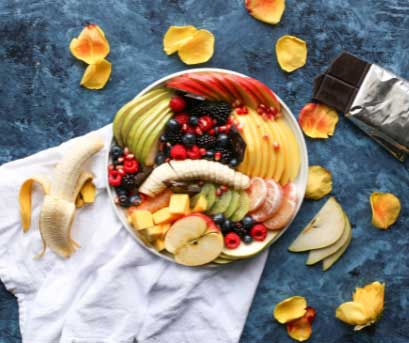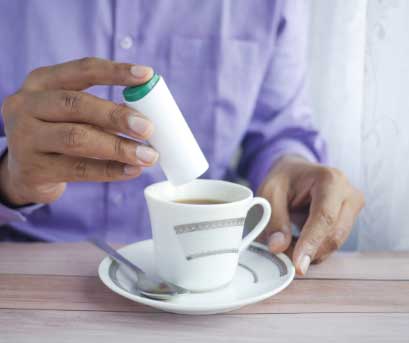The days get longer, the weather is warming up, spring is approaching and everyonestarts spring cleaning the house and refreshing their wardrobe. And what else happens in the spring? Along with the spring come seductive articles that appear everywhere on detox diets.
Why?
There are a number of reasons. The obvious reason is that these are usually diets that contribute to weight loss, and before the summer almost all of us have thoughts about this. But the truth is, bikinis are not the only reason. According to Chinese medicine, in the spring the body starts natural detoxification processes. In the winter our body hoards, because fat means more body heat, but when the weather warms up we need less padding. Notice that in the summer we tend to eat a little less than in winter, and this change begins in the spring.
Despite the positive publicity given to these spring cleanses, it is important to remember that detoxification is not for everyone. Women who are pregnant or breastfeeding, or people who suffer from an illness or an eating disorder – should not do detoxification. If you are unsure, contact a therapist who understands about the subject. Another thing that is important note is that there are lots of types of detoxdiets, and it is always advisable to consult a naturopath who can help you find the right one for you. I have met people who suffer from joint problems but who did a detox that was appropriate for lowering blood pressure, just because it was the first Google search result. Detoxification is a therapeutic process, and it is recommended to do it with support.
Opponents of cleansing diets argue that the body eliminates what it needs to naturally, and there is no need to help it. In general it can be said that they are right, detoxification processes are indeed always occurring in our body. However, in somesituations where an excess of toxins can interfere with the optimal functioning of the body. Excessive toxicity in the body can cause a wide range of symptoms: headaches, abdominal pain and bloating, skin problems, difficulty concentrating, sleep problems, a weak immune system, chronic fatigue, and more.
What are these toxins?
There are environmental toxins such as air pollution, sprayingof pesticides, eating the wrong things, and more; there are internal toxins like chronic constipation, and excess blood lipids; and there are also emotional toxins (the Chinese will say that what makes it hardest on the liver, for example, is anger).
What is a detox diet?
By and large, this refers to a dietary change that includesavoiding environmental toxins, and eating a “clean” diet that allows the body a little rest that will encourage it to eliminate toxins more effectively, often by combining foods and medicinal herbs that also encourage the body’s natural detoxification action.
There are therapists who encourage the use of fasting that involves drinking only water during detoxification, but this is definitely not a process that is suitable for everyone, and must be done under close supervision. There are also those who support a cleansing diet that includes a juice fast, in which large quantities of organic vegetable and fruit juices are consumed, providing the body with a large amount of vitamins and minerals. A juice fast also requires supervision and support.
As I have said, it is advisable to follow a cleansing diet individually suited to yourneeds. At the same time, keep in mind that since detoxification is a natural activity of the body, the truth is that it does not have to be complicated, and all you really need is to give a little thought to nutrition, exercise and willpower.
Here are ten things you really need to know about detoxification, and you can start doing it on your own, right now:
- Avoid the following foods: alcohol, caffeine, meat, dairy products, sugar,and processed foods.
- Eat lots of organic fruits and vegetables. Eat salads, soups and stir-fries. Use fresh herbs rather than dry and processed spices.
- Prefer vegetable protein such as legumes (preferably sprouted), nuts and seeds that are not roasted or salted.
- Drink only water and herbal infusions, but drink a lot of them! Try to drink 2-3 litres of water a day.
- You can start the morning with a glass of warm water with freshly squeezed lemon.
- Brush your body with a dry brush before showering, from the feet up, and from the arms and head down.
- Moderate exercise is recommended during a cleanse (and always).
- Listen to your body: eat only when you are hungry and until you are full, but no more than you need.
- It is highly recommended to do some mental cleansing, such as a short daily meditation.
- Try to sleep 8 hours a night.

10 ways to naturally encourage the detoxification process



